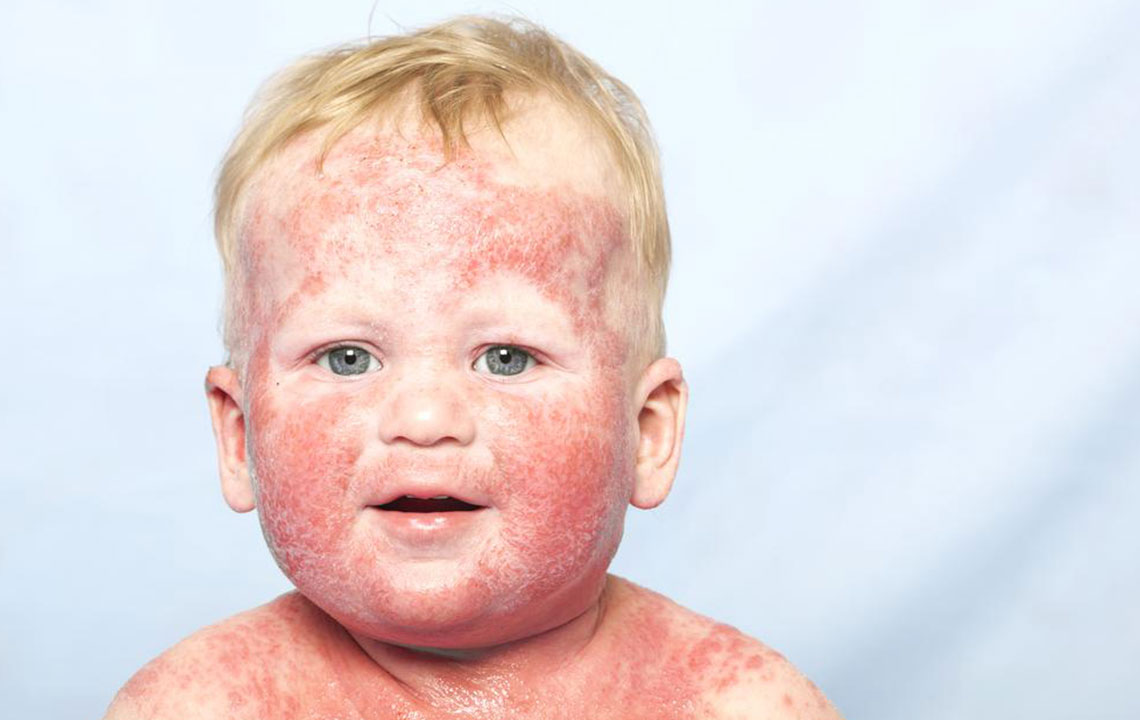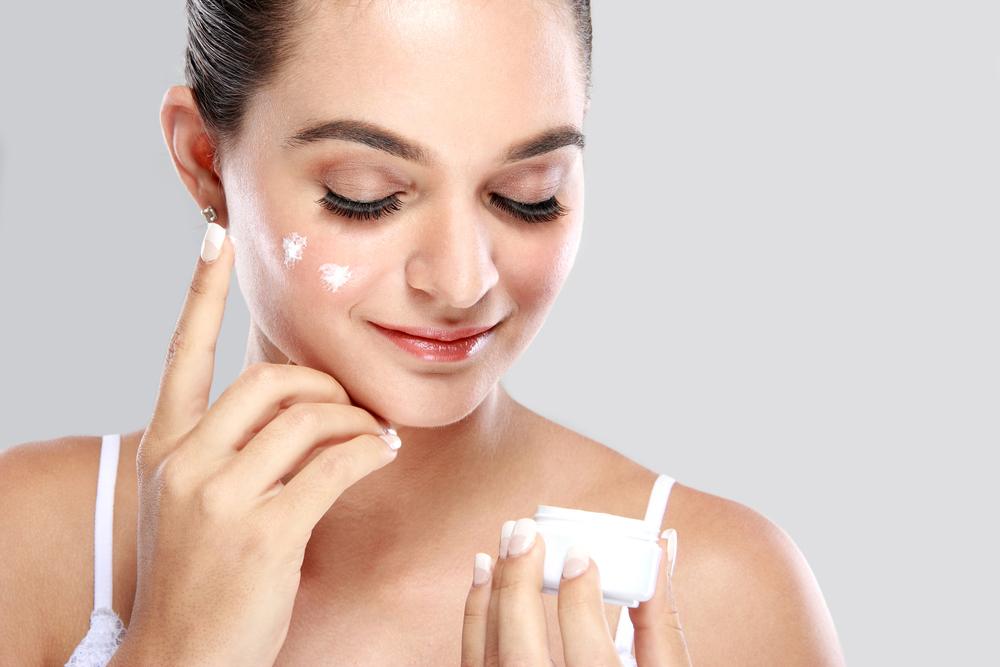7 Effective Natural Strategies to Soothe Atopic Dermatitis
Discover seven natural methods to help soothe and manage atopic dermatitis effectively. From gentle baths and natural oils to dietary tips and skin protection, these strategies support skin health and reduce flare-ups. Always consult a healthcare professional for personalized treatment plans.

Atopic dermatitis, commonly called eczema, is a frequent inflammatory skin disorder mainly affecting infants and young children. Its precise cause is unclear, but genetic factors, immune system weakness, and environmental triggers play roles. Though most often seen in children, adults can also experience it, especially in urban areas or dry climates. It is non-contagious and cannot spread through skin contact.
The hallmark symptom is skin dryness and severe itching due to moisture loss. This can lead to rashes, oozing lesions, and crusting, typically on knees, elbows, face, neck, and scalp. In infants, affected areas include diaper zones.
Seeking dermatologist guidance is vital for managing symptoms effectively. Alongside medical treatments, these natural tips can help calm irritated skin at home:
Applying calamine lotion: Thanks to zinc oxide, calamine soothes itching and irritation. Use a thin layer on affected areas twice daily, avoiding pore congestion. It may impart a pink hue.
Preventing scratching: Keeping nails short and wearing gloves or mittens during sleep can minimize damage and reduce discomfort.
Warm baths: Soaking in warm water with baking soda, colloidal oatmeal, or Dead Sea salts helps reduce dryness. Follow up with a moisturizer while skin remains damp to seal in moisture.
Handling new clothing: Wash new garments thoroughly to remove irritants like formaldehyde. Opt for breathable natural fabrics that wick away sweat.
Natural oils: Light oils such as evening primrose, blackcurrant seed, or borage oil can ease itching. Use sparingly and wash off if irritation occurs.
Diet adjustments: Incorporate probiotics, omega-3s, and vitamins D, E, and B-12. Eat leafy greens, fish, nuts, and yogurt to promote healthy skin and minimize flare-ups.
Protection from irritants: Avoid harsh chemicals like perfumes and strong soaps. Use gentle, fragrance-free skin products and broad-spectrum sunscreens. Wearing long-sleeved, natural fiber clothing shields skin from sun and irritants.
Important: While these natural approaches can help manage atopic dermatitis, consulting a healthcare provider is essential for personalized treatment. This information supports skin health but does not replace professional medical advice.


